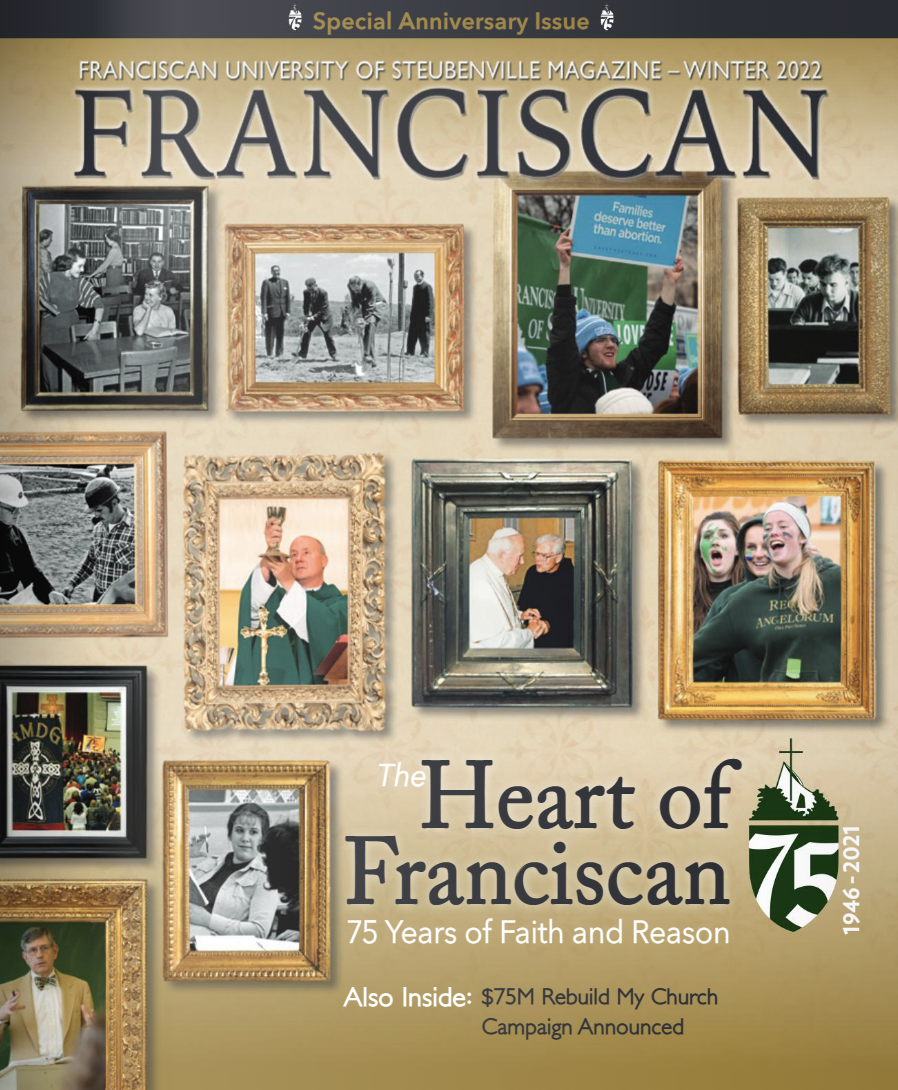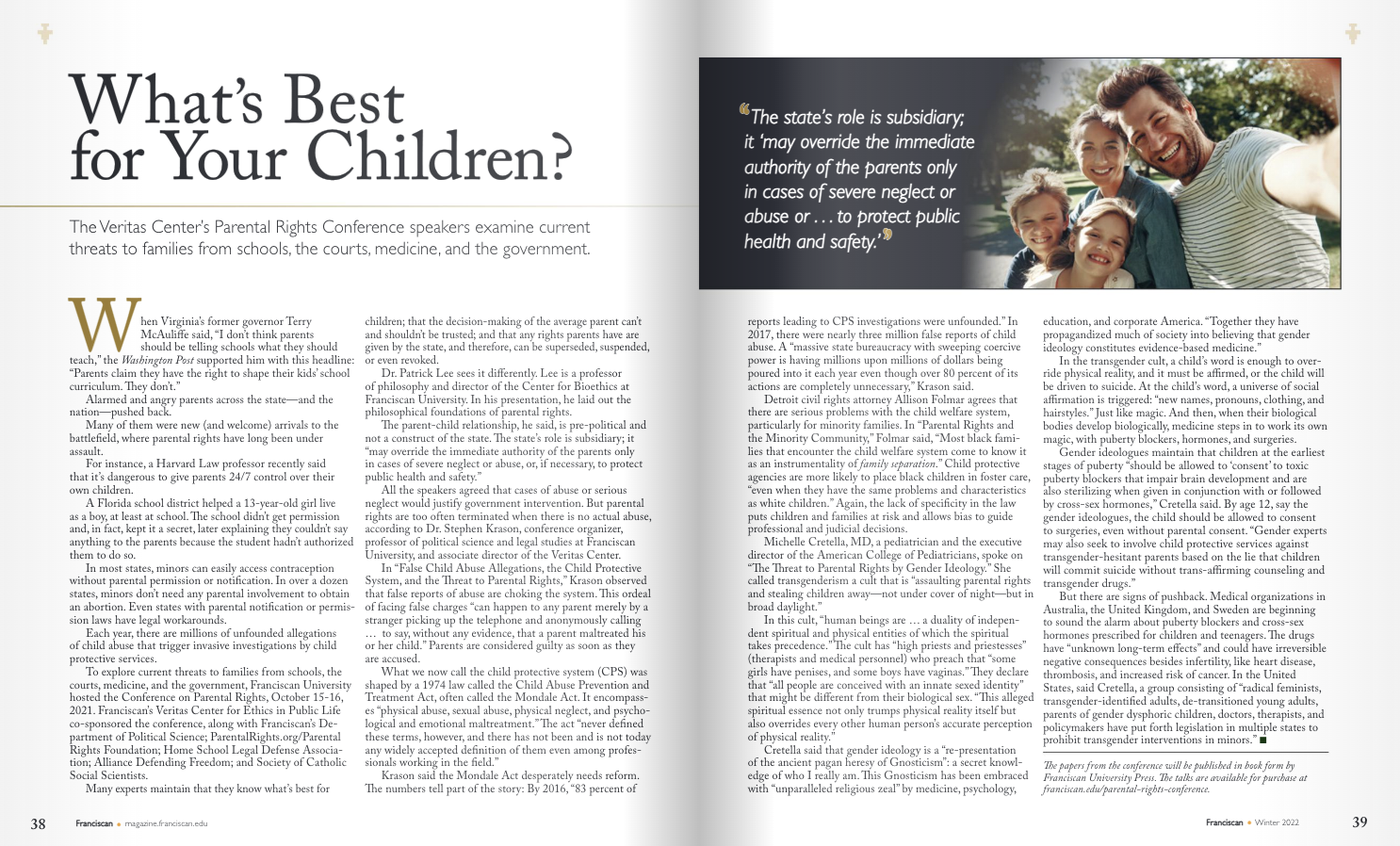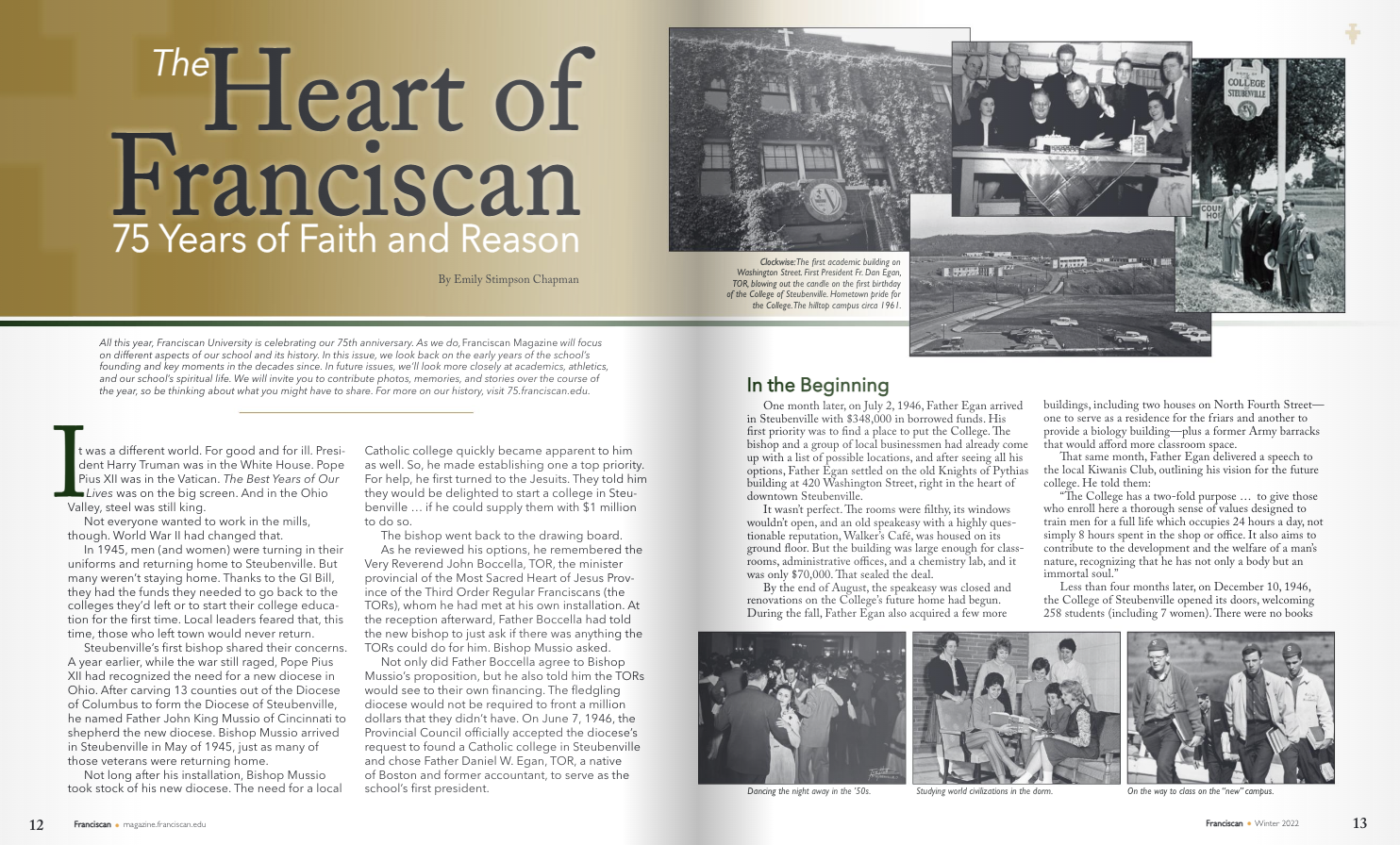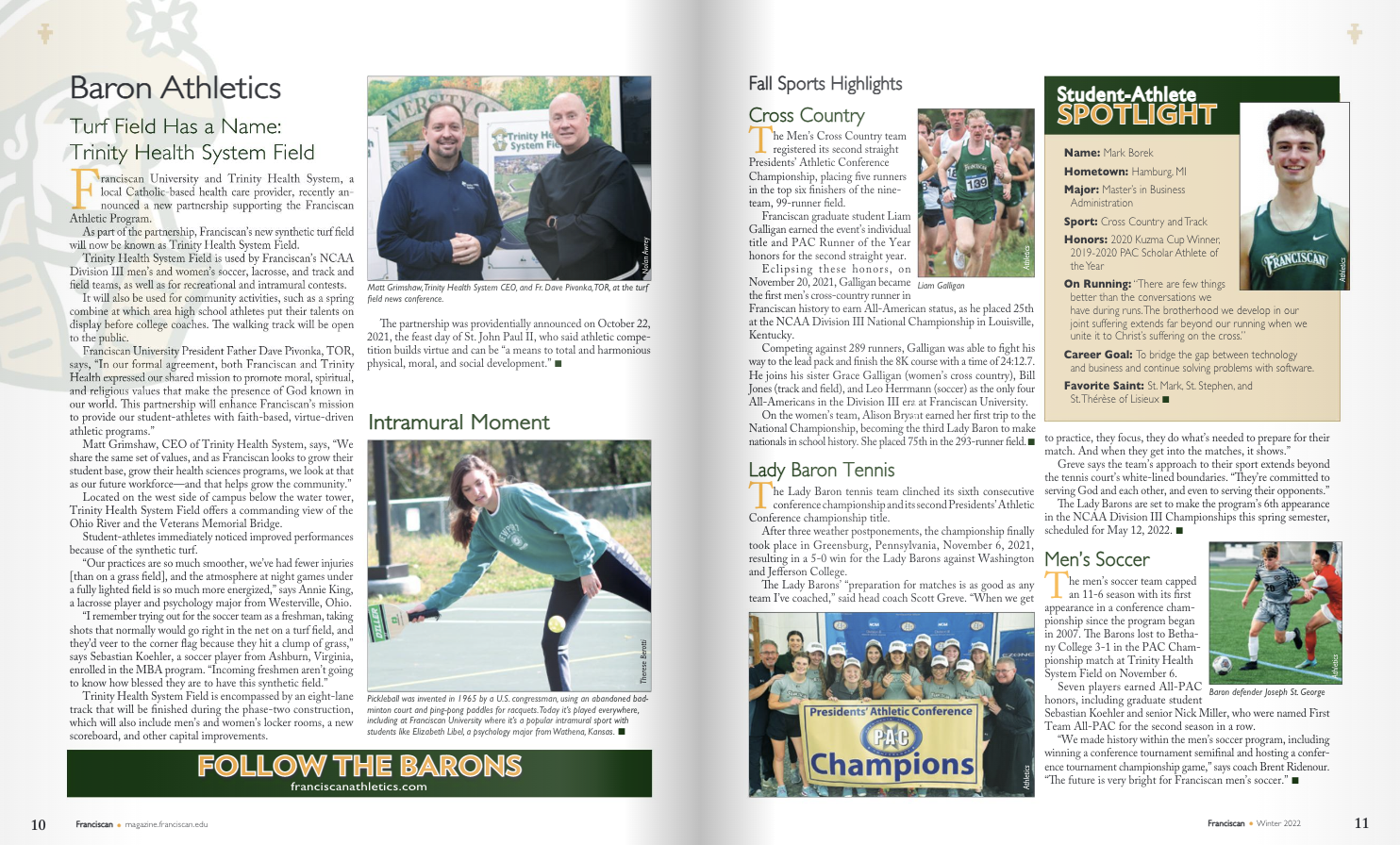When Virginia’s former governor Terry McAuliffe said, “I don’t think parents should be telling schools what they should teach,” the Washington Post supported him with this headline: “Parents claim they have the right to shape their kids’ school curriculum. They don’t.”
Alarmed and angry parents across the state—and the nation—pushed back.
Many of them were new (and welcome) arrivals to the battlefield, where parental rights have long been under assault.
For instance, a Harvard Law professor recently said that it’s dangerous to give parents 24/7 control over their own children.
A Florida school district helped a 13-year-old girl live as a boy, at least at school. The school didn’t get permission and, in fact, kept it a secret, later explaining they couldn’t say anything to the parents because the student hadn’t authorized them to do so.
In most states, minors can easily access contraception without parental permission or notification. In over a dozen states, minors don’t need any parental involvement to obtain an abortion. Even states with parental notification or permission laws have legal workarounds.
Each year, there are millions of unfounded allegations of child abuse that trigger invasive investigations by child protective services.
To explore current threats to families from schools, the courts, medicine, and the government, Franciscan University hosted the Conference on Parental Rights, October 15-16, 2021. Franciscan’s Veritas Center for Ethics in Public Life co-sponsored the conference, along with Franciscan’s Department of Political Science; ParentalRights.org/Parental Rights Foundation; Home School Legal Defense Association; Alliance Defending Freedom; and Society of Catholic Social Scientists.
Many experts maintain that they know what’s best for children; that the decision-making of the average parent can’t and shouldn’t be trusted; and that any rights parents have are given by the state, and therefore, can be superseded, suspended, or even revoked.
Dr. Patrick Lee sees it differently. Lee is a professor of philosophy and director of the Center for Bioethics at Franciscan University. In his presentation, he laid out the philosophical foundations of parental rights.
The parent-child relationship, he said, is pre-political and not a construct of the state. The state’s role is subsidiary; it “may override the immediate authority of the parents only in cases of severe neglect or abuse, or, if necessary, to protect public health and safety.”
All the speakers agreed that cases of abuse or serious neglect would justify government intervention. But parental rights are too often terminated when there is no actual abuse, according to Dr. Stephen Krason, conference organizer, professor of political science and legal studies at Franciscan University, and associate director of the Veritas Center.
In “False Child Abuse Allegations, the Child Protective System, and the Threat to Parental Rights,” Krason observed that false reports of abuse are choking the system. This ordeal of facing false charges “can happen to any parent merely by a stranger picking up the telephone and anonymously calling … to say, without any evidence, that a parent maltreated his or her child.” Parents are considered guilty as soon as they are accused.
What we now call the child protective system (CPS) was shaped by a 1974 law called the Child Abuse Prevention and Treatment Act, often called the Mondale Act. It encompasses “physical abuse, sexual abuse, physical neglect, and psychological and emotional maltreatment.” The act “never defined these terms, however, and there has not been and is not today any widely accepted definition of them even among professionals working in the field.”
Krason said the Mondale Act desperately needs reform. The numbers tell part of the story: By 2016, “83 percent of reports leading to CPS investigations were unfounded.” In 2017, there were nearly three million false reports of child abuse. A “massive state bureaucracy with sweeping coercive power is having millions upon millions of dollars being poured into it each year even though over 80 percent of its actions are completely unnecessary,” Krason said.
“The state’s role is subsidiary; it ‘may override the immediate authority of the parents only in cases of severe neglect or abuse or . . . to protect public health and safety.”
Detroit civil rights attorney Allison Folmar agrees that there are serious problems with the child welfare system, particularly for minority families. In “Parental Rights and the Minority Community,” Folmar said, “Most black families that encounter the child welfare system come to know it as an instrumentality of family separation.” Child protective agencies are more likely to place black children in foster care, “even when they have the same problems and characteristics as white children.” Again, the lack of specificity in the law puts children and families at risk and allows bias to guide professional and judicial decisions.
Michelle Cretella, MD, a pediatrician and the executive director of the American College of Pediatricians, spoke on “The Threat to Parental Rights by Gender Ideology.” She called transgenderism a cult that is “assaulting parental rights and stealing children away—not under cover of night—but in broad daylight.”
In this cult, “human beings are … a duality of independent spiritual and physical entities of which the spiritual takes precedence.” The cult has “high priests and priestesses” (therapists and medical personnel) who preach that “some girls have penises, and some boys have vaginas.” They declare that “all people are conceived with an innate sexed identity” that might be different from their biological sex. “This alleged spiritual essence not only trumps physical reality itself but also overrides every other human person’s accurate perception of physical reality.”
Cretella said that gender ideology is a “re-presentation of the ancient pagan heresy of Gnosticism”: a secret knowledge of who I really am. This Gnosticism has been embraced with “unparalleled religious zeal” by medicine, psychology, education, and corporate America. “Together they have propagandized much of society into believing that gender ideology constitutes evidence-based medicine.”
In the transgender cult, a child’s word is enough to override physical reality, and it must be affirmed, or the child will be driven to suicide. At the child’s word, a universe of social affirmation is triggered: “new names, pronouns, clothing, and hairstyles.” Just like magic. And then, when their biological bodies develop biologically, medicine steps in to work its own magic, with puberty blockers, hormones, and surgeries.
Gender ideologues maintain that children at the earliest stages of puberty “should be allowed to ‘consent’ to toxic puberty blockers that impair brain development and are also sterilizing when given in conjunction with or followed by cross-sex hormones,” Cretella said. By age 12, say the gender ideologues, the child should be allowed to consent to surgeries, even without parental consent. “Gender experts may also seek to involve child protective services against transgender-hesitant parents based on the lie that children will commit suicide without trans-affirming counseling and transgender drugs.”
But there are signs of pushback. Medical organizations in Australia, the United Kingdom, and Sweden are beginning to sound the alarm about puberty blockers and cross-sex hormones prescribed for children and teenagers. The drugs have “unknown long-term effects” and could have irreversible negative consequences besides infertility, like heart disease, thrombosis, and increased risk of cancer. In the United States, said Cretella, a group consisting of “radical feminists, transgender-identified adults, de-transitioned young adults, parents of gender dysphoric children, doctors, therapists, and policymakers have put forth legislation in multiple states to prohibit transgender interventions in minors.”
The papers from the conference will be published in book form by Franciscan University Press. The talks are available for purchase at franciscan.edu/parental-rights-conference.











